A dispute over the dismissal of Susan Monarez, director of the US Centers for Disease Control and Prevention (CDC), has intensified, with her attorneys asserting she will not leave unless the president himself takes action.
Monarez was officially removed late on Wednesday following a heated exchange in which the US health secretary, Robert F Kennedy Jr, attempted to oust her, according to the White House. Her lawyer has countered that Monarez has no intention of resigning.
As she was confirmed by the Senate, unlike previous CDC directors, Monarez technically serves at the will of the president, so Kennedy alone may not have had the authority to terminate her.
Monarez, an infectious disease expert, was sworn in just a month ago by Kennedy but soon found herself at odds with him over vaccine policy, according to individuals familiar with the matter. In the wake of her removal, four senior CDC leaders abruptly resigned, apparently out of frustration with Kennedy’s approach to vaccines and his management style.
Here’s a breakdown of the CDC leaders involved.
Susan Monarez
Director, Centers for Disease Control and Prevention
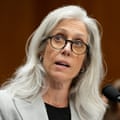
Monarez is a microbiologist with bachelor’s, master’s and doctoral degrees from the University of Wisconsin. She joined the CDC as principal deputy director in January 2025, briefly served as acting director, and was confirmed by the Senate as the agency’s 21st director on 31 July. She became the first director without a medical degree and the first confirmed under a 2023 law.
On 27 August, she was dismissed over conflicts about vaccine policy, a move her legal team has argued was improper because only the president has the authority to remove her.
Debra Houry
Former chief medical officer and deputy director for program and science at the CDC
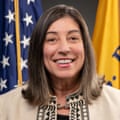
Houry, a physician with degrees from Emory University and Tulane University, previously worked as an emergency doctor and at various facilities in Atlanta, as well as serving in academic leadership roles. At the CDC, she served as chief medical officer and deputy director for program and science.
She resigned in late August 2025 following Monarez’s removal, citing the spread of vaccine misinformation, looming budget reductions and political meddling that she said undermined the agency’s mission.
Demetre Daskalakis
Former director of the National Center for Immunization and Respiratory Diseases at the CDC
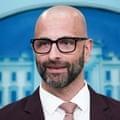
Daskalakis, a public health physician known for his leadership in HIV prevention and vaccination programs, led the CDC’s National Center for Immunization and Respiratory Diseases. He received his medical degree from the NYU School of Medicine and completed postgraduate medical training at Harvard Medical School in 2003, before joining the CDC in 2020 as director of the division of HIV/Aids Prevention.
He resigned from the CDC on 28 August, publishing a letter that denounced political interference, data manipulation and what he called a decline in scientific integrity.
Daniel Jernigan
Former director of the National Center for Emerging and Zoonotic Infectious Diseases at the CDC

Jernigan, a longtime CDC official, directed the National Center for Emerging and Zoonotic Infectious Diseases and played a key role in influenza and pandemic preparedness. Jernigan first joined the CDC’s epidemic intelligence service in 1994 and worked in the respiratory diseases branch on the prevention and control of bacterial respiratory pathogens.
He left his position in August 2025 after Monarez’s ouster, joining other top officials in objecting to what they saw as the politicization of science and diminished trust in the agency’s leadership.
Jennifer Layden
Former director of office of public health data, science, technology at the CDC

Layden, who led the office of public health data, surveillance, and technology at the CDC, focused on modernizing outbreak tracking and response systems. Layden received both her doctor of medicine and her doctorate in epidemiology from the University of Illinois at Chicago.
Formerly Illinois’ chief medical officer, she also resigned after Monarez’s removal in August 2025, warning about the damaging effects of political influence on science-based decision-making.

 German (DE)
German (DE)  English (US)
English (US)  Spanish (ES)
Spanish (ES)  French (FR)
French (FR)  Hindi (IN)
Hindi (IN)  Italian (IT)
Italian (IT)  Russian (RU)
Russian (RU)  8 hours ago
8 hours ago











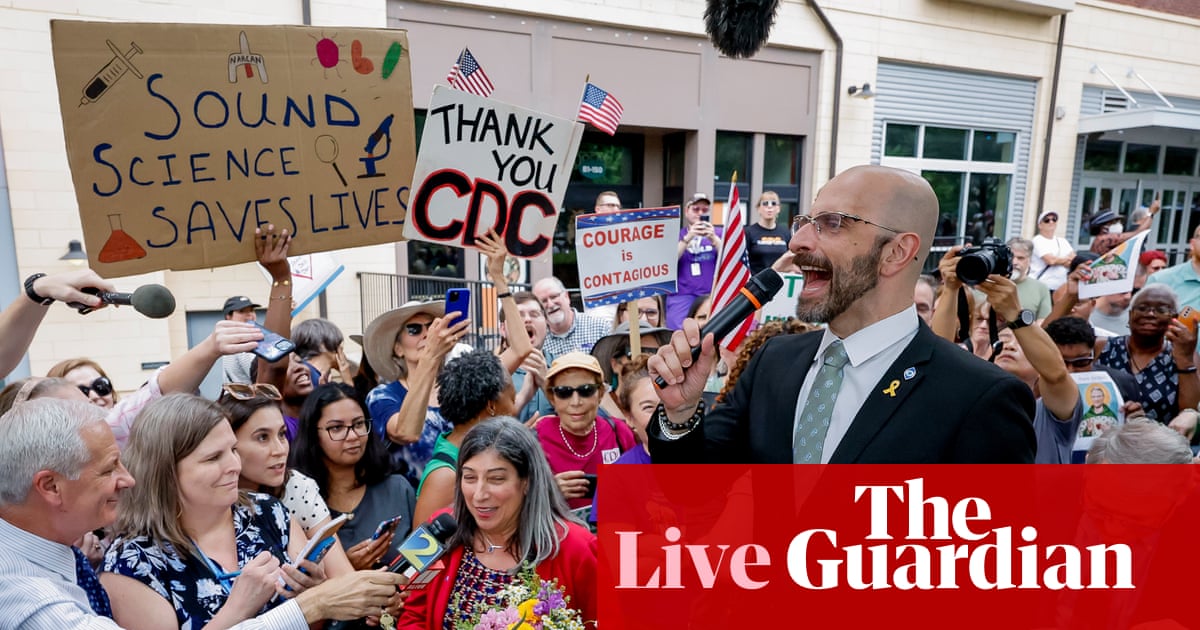



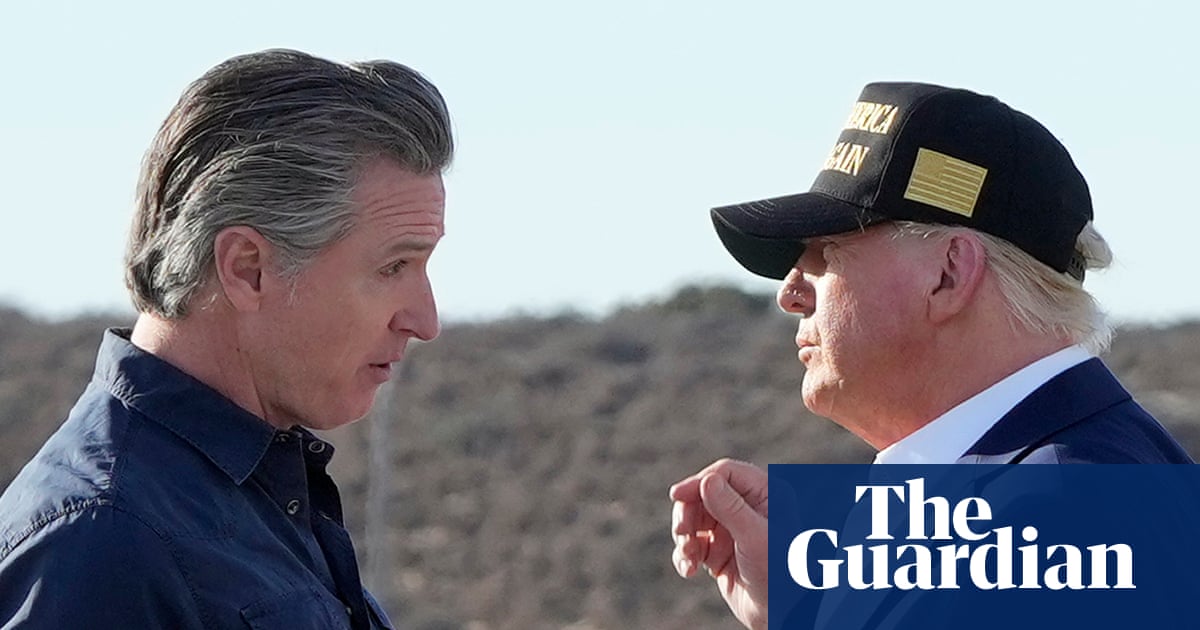








Comments